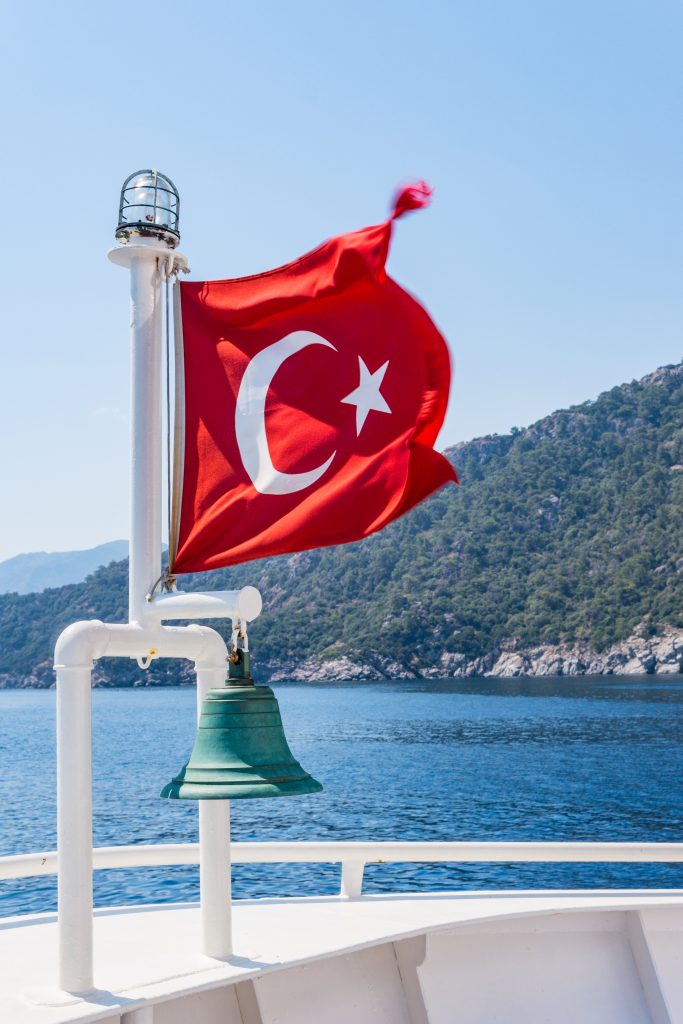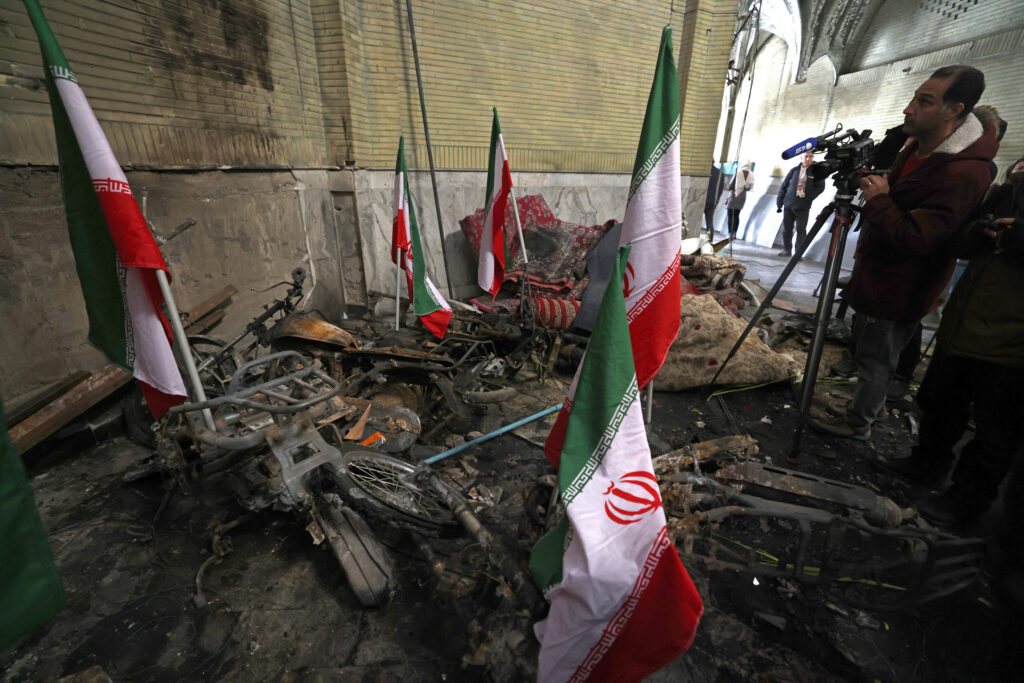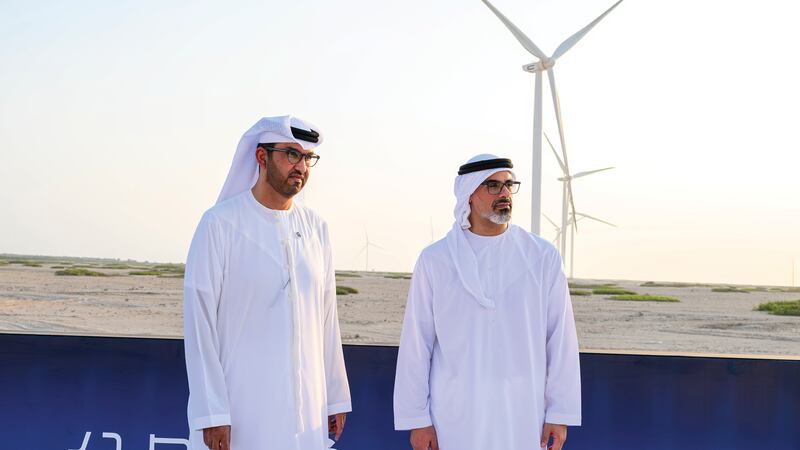Developments in the Middle East Insight Series
A Note from the Editorial Team
We continue to look at Developments in the Middle East and we thought it timely to re-issue an updated Insight on Turkey by Serkan Yolacan. In his article The Coup Country: Charting Turkeys Post-Cold War Transformation, Serkan considers the position of Erdogan, how he has consolidated his grip on power in Turkey, and offers an opinion on why Turkey has turned its focus on Syria.
By Serkan Yolacan
Not so long ago, Turkey was an imperial outpost on the communist frontier, gazing across at the Soviet empire on behalf of the United States. That Cold War arrangement was sustained internally by the Turkish military, a part of NATO, which kept domestic order through the coups it staged once a decade from 1960 onwards. At the end of the Cold War, having emerged on the winning side, Turkey built up a transregional profile by eating into the former Soviet space in the Caucasus and Central Asia. At the forefront of this transition, from being an imperial outpost to building an empire of sorts, were Turkish Muslim communities who wove a web of schools and businesses across post-Soviet Asia and beyond. Their diasporic religious networks laid the infrastructure of Turkish transnational power in the 2000s, otherwise known as neo-Ottomanism. By 2010, Turkey had become an outward-looking, confident state with a newfound capacity to tackle its internal problems civically – coups were no more. Or so everybody thought. On the night of July 15, 2016, the Turkish army, whose retreat to the barracks had been observed as the hallmark of the countrys democratization, was out on the streets once again. The unexpected coup attempt, though abortive, exposed the expiration of Turkeys once-celebrated civic space of political engagement, which had been presented as a model for the Muslim world.
This MEI Insight attempts to explain Turkeys baffling transformations, rising from a coup-struck, imperial outpost of the United States to a confident state with its own imperial ambitions, then falling again to a state that almost collapsed. I begin with the recent abortive coup, place it within a chain of historical developments going back to the Soviet break-up in 1991, and analyse those developments as part of a single story, namely that of Turkeys post-Cold War odyssey.
A New Epic for a New Epoch
On the night of July 15, 2016, military jets kept circling over the Turkish capital Ankara, dropping bombs at the parliament and the police headquarters, while tanks and troops shut down Istanbuls international airport and blocked its famous Bosporus Bridge. Following Erdo─ƒans call on that fateful night, thousands of civilians, together with the police force, resisted the tanks and troops of the putschists and frustrated their plot. Erdo─ƒan later likened their heroic resistance to that of the Ottoman soldiers standing against the Allied forces in the Dardanelles during WWI. It was as if Turkey had survived a foreign invasion of sorts, which brought home to Erdo─ƒans supporters the full meaning of his leadership.
This passing mention of events from a century ago was not arbitrary. The Ottoman victory against the Allied Forces is one of the founding epics of the Turkish Republic. Erdo─ƒans analogy resonated with the nationalists, Islamists, and seculars alike, who, in a rare moment of consensus, shared a strong sentiment of unity in the wake of the failed coup. In comparing the efforts of the anti-coup forces to those of soldiers in the Dardanelles, Erdo─ƒan laid the foundation for a new founding epic. Istanbuls Bosporus Bridge, which saw civilians resisting army tanks on the night of the coup, was renamed the 15 July Martyrs Bridge. The process of commemorating the eventin ways similar to the memorialization of resistance at the Dardanellesbegan almost immediately after the attempted coup was suppressed.
If Erdoğan was the hero of this new founding epic, its villain was Fethullah Gen. A former Turkish imam self-exiled in Pennsylvania, USA, with followers across the globe, he has been the prime suspect in the coup plot. The participating generals, as it turned out, received their orders not from the Chief of Staff, but rather from their elder brothers in the Gen community, or the FETÖ (Fethullahist Terrorist Organization) as they are now called in Turkey.
Of course, the irony of it all was not lost on observers. Though the fierce clash between Gen and Erdo─ƒan has brought the Turkish state to the brink of collapse, their collaboration a decade ago had rendered that same state a transregional powerhouse. The full meaning of the abortive coup resides in this unusual transformation and its denouement, the falling out between Gen and Erdo─ƒan. To unpack it, we need to hit rewind.
To the Victor Belong the Spoils
A former NATO outpost bordering the Soviet empire in the Caucasus and the Black Sea, Turkey had emerged from the Cold War on the winning side. As a victor, she claimed the spoils of war from a crumbling Soviet Union by reaching out to the nominal Muslims thrown out into the open by the Soviet break-up. This outreach was underwritten by Turkish Muslim businessmen (later dubbed the Anatolian Tigers) who had grown rich and confident in the 1980s, following the liberalization of the Turkish economy under Turgut Özals leadership. These pious businessmen sponsored various Muslim organizations that were expanding into former Soviet territories through philanthropic foundations, schools, dormitories, and scholarships.[1] Followers of Fethullah Gen made up one such community.
Just as the Genists stretched their muscles abroad by weaving a web of schools and businesses across post-Soviet Central Asia, the Turkish government complemented their efforts by giving their clients and students access to education and business within Turkey. This state-network collaboration was politically sponsored by the United States, whose Green Belt project entailed a Sunni Muslim buffer to prevent Moscow from reclaiming its former frontiers in the Caucasus and Central Asia.[2] Genists were heaven-sent in this post-Cold War American endeavour because, unlike Turkeys Islamist movement at that time, they were unequivocally pro-West and pro-business. That is why Turkish governments continued to collaborate with the Genists even as tensions grew at home between the secular Kemalistsnestled in the military and the judiciaryand the rising Islamists, who kept increasing their votes.
When the Kemalist-Islamist rivalry culminated in a soft coup against the Islamist-led coalition in 1997, the Kemalist pressure engulfed the Genists as well, prompting Gen to relocate to the United States in 1999, where he still lives in self-exile. Though his followers back home in Turkey had to dissimulate, Gens empire of education and business continued to grow across the world. This new maxim of visibility abroad and secrecy at home was to unwind subsequently, with the Justice and Development Party (AKP) coming to power in 2003, led by Erdo─ƒan.
Although AKP was founded by those who broke away from the toppled Islamists and their anti-Western rhetoric, the party was defenceless in its early years against the secularist block that remained suspicious of them. Wary of a Kemalist comeback, Erdo─ƒan turned to the Gen community for well-educated, pious cadres to populate the state bureaucracy. Seeing the Gulenists as his ally against Kemalist tutelage, Erdo─ƒan swung the doors open to Genist cadres, who thereby augmented their presence across the state bureaucracy. Their collaboration went into full gear following the 2007 elections that gave Erdo─ƒan a clear victory. Soon afterwards came the Ergenekon trials (2009-2016), which undermined the militarys role in politics, and the 2010 constitutional referendum, which broke the Kemalist hold over the judiciary. By the time of the Arab Uprisings, a new conservative state elite had replaced the Kemalists, through a series of reforms and trials that were observed as part of Turkeys democratization process.
This new Turkey, championed by the West for its democratic reforms and embraced by Arab conservatives for its Muslim leadership, became a model for the region at a time when revolutions were opening up new political possibilities across the Middle East. The glamorous spotlight brought upon Erdo─ƒan, as the political face of this Turkish miracle, took attention away from Gen and his network, who had been instrumental in its making. Scholars too focused exclusively on the state, ignoring the network that had raised its standing. They saw one leader on stage, when actually there were two.
One State, Two Sultans
Turkish foreign policy under Erdo─ƒans ruledubbed neo-Ottomanismis often associated with his former foreign minister Ahmet Davutoglu, and his 2001 book Stratejik Derinlik (Strategic Depth). If Davutoglu laid the intellectual groundwork for Turkeys neo-Ottomanism, the Genist network laid its infrastructure through businesses. Flag followed trade: the Turkish state opened embassies in countries where the Genists were active, and Turkish Airlines then added them to its network of destinations, flying today to more countries than any other carrier.[3] This growing infrastructure helped diversify Turkeys economic ties to the world, which in turn drove heightened economic performance at home. Within ten years, from 2003 to 2013, the EUs share in Turkish foreign trade dropped from 54 percent to 38 percent, even as it increased dramatically in absolute terms.[4]
Money was not the only thing coursing through the new circuits connecting Turkey to the broader Afro-Eurasian, post-communist space. Diversification of economic channels went in tandem with the revival of religious, ethno-linguistic, and historical ties by people who moved pursuing riches or religious missions, often both. Not only did the growing cross-border engagements elevate the Turkish conservatives economically, they also widened their outlook on the world. All this increased the governments capacity to tackle entrenched problems like the Kurdish question, for which a political solution was actively negotiated from 2009 to 2015.
If Erdo─ƒans collaboration with Gen set the stage for Turkeys transformation, their clash would eventually bring the whole stage down. The coup attempt, shocking as it was, was the culmination of a rift that had first surfaced in early 2012, when a Gen-affiliated prosecutor attempted to interrogate Erdo─ƒans intelligence chief.[5] In response, Erdo─ƒan set out to close down dersaneler, the prep schools that had been the Genists main recruiting ground. As the stakes went up, Erdo─ƒan was to pay a high price. The Genists who were nestled in the judiciary and the police force brought a series of corruption charges against Erdo─ƒans cabinet at the end of 2013, bringing the fight out into the open just months before the presidential elections of 2014. Erdo─ƒan survived the scandal, went on to win the presidential elections, then proceeded to purge Genists from the police force and the judiciary. Erdo─ƒan also targeted the Genist empire abroad by pressuring governments to close down Gen-affiliated establishments. In doing so, he was actually dismantling, with his own hands, the original infrastructure of Turkish transregionalismtaking apart the whole edifice of neo-Ottomanism in the process. In his all-out war, Erdo─ƒan blamed Gen for leading a parallel state of his own making. What better way to acknowledge a rivals sovereignty while condemning it at the same time?
When Gen played the last card up his sleeve, the abortive military coup of July 15, 2016, it set the clock back for Turkey. On that night, the Turkish state, once expansive and confident with arms and legs stretched out to different continents, was almost taken over by homegrown Muslims piloting fighter jets and armoured tanks. The army, whose retreat into the barracks had been notable as the hallmark of Turkeys democratization, was out on the streets once again, this time led by Genist generals instead of Kemalists.
Conclusion: The End of an Odyssey
It was through the Kemalist cadres that the U.S. had kept Turkey on a tight leash during the Cold War (Turkey became a NATO member in 1952 and was heavily militarized thereafter). The Soviet collapse loosened that leash, allowing the pro-West, Muslim conservatives to go beyond the Iron Wall in one direction, and to pull the carpet out from under the Kemalists in the other. Genists replacing Kemalists under the watchful eye of the United States made for an exceptional story: a US ally under the thumb of an army was demilitarized by a Muslim leadership yet remained a friend to the West. Such a story was unheard of in the Middle East. This was the Turkish miracle.
The Turkish miracle, carried on the back of a transnational Muslim network under American patronage, came to an end on the morning of July 16, 2016. The failed coup exposed the Genist cadres in the military, who comprised more than half of the army generalsErdo─ƒans personal guard was among those arrested. The silence of the West on the coup, considered in light of the long-term US-Genist alliance, convinced Erdo─ƒan and his supporters that what they had just survived was nothing short of a foreign invasion.
Turkeys neo-Ottomanism, built on Soviet rubble, rose and fell within a decade, only to be redeemed by what Erdo─ƒanists likened to a war of independence. Today, the ideological spirit of post-referendum Turkey in 2017 is to be found in neither Islamism nor neo-Ottomanism, but instead in the nationalist notion of internal consolidation and external independence. As far as Ankara is concerned, the post-Cold War era is over.
The former Cold War frontiers between Ankara and Moscow were where post-Cold War Turkish transregionalism was born. Today, the salient Russo-Turkish frontier is no longer the Caucasus and Central Asia, but lies to the south, in Syria. And it is there that Ankara is reconciling itself with Moscow. Fittingly, the Turkish officers involved in the shooting of the Russian jet over the Turkish-Syria border in 2015 are now detained for their alleged ties to the Gen community. With Genists now being purged from the Turkish state, the U.S. is losing its leash on Turkey. This newfound independence, however, comes at the expense of a network that created miracles for the country. Erdo─ƒan may finally be the only sultan of his state, but now he is also lonely. In this new phase, expect no miracles from him, only good old nationalist populism.
Serkan Yolacan is a research associate at the National University of Singapores Middle East Institute. His research focuses on the role of diasporas and transregional networks in the transformation of modern states. His book manuscript, entitled Order Beyond Borders: The Azeri Triangle across Iran, Turkey, and Russia, employs diasporic analytics to explore transnational networks of religion, education, and business across West Asia. He holds a PhD in cultural anthropology from Duke University and a masters in sociology and social anthropology from the Central European University. Prior to obtaining his doctoral degree, he worked as projects officer at the Turkish Economic and Social Studies Foundation (TESEV) in Istanbul.
[1] The ideological drive for this expansion was built up in the 1980s, when countless articles appeared in the Islamic journals on the plight of outside Turks and Muslims under communist rule.
[2] Following the Soviet breakup, the United States did not want to lose to the Islamists in Tehran what it had gained against the Communists in Moscow. This is when the Turkish model of moderate Islam in agreement with Western capitalism came to the fore. In his historic visit to the Caucasus and Central Asia in 1992, then-U.S. Secretary of State James Baker strongly endorsed the Turkish path against the Iranian one.
[3] During the same period, the Turkish Cooperation and Coordination Agency (TIKA), which was established in 1992 as a technical aid organization under the Ministry of Foreign Affairs to respond to the former Soviet Unions Turkic republics development needs, expanded its operations to the Balkans and Africa.
[4] The figures were calculated by the author based on the Turkish Statistical Institutes import/export data available on http://www.turkstat.gov.tr
[5] Precursors to this rift appeared as early as 2010, when Gen criticized Erdo─ƒan for standing behind the activists on the Gaza-bound Turkish flotilla that was raided by Israeli forces. Reportedly, Erdo─ƒan was further disturbed later that year when the Genist cadres hijacked the 2010 judicial reform to monopolize the Supreme Board of Judges and Prosecutors.





